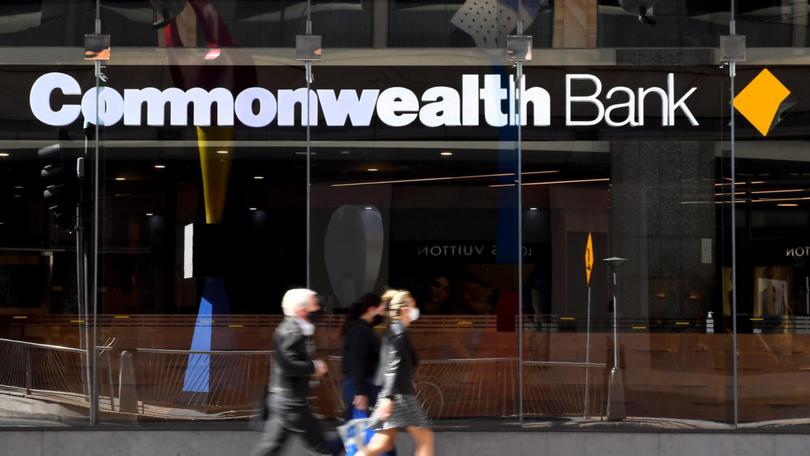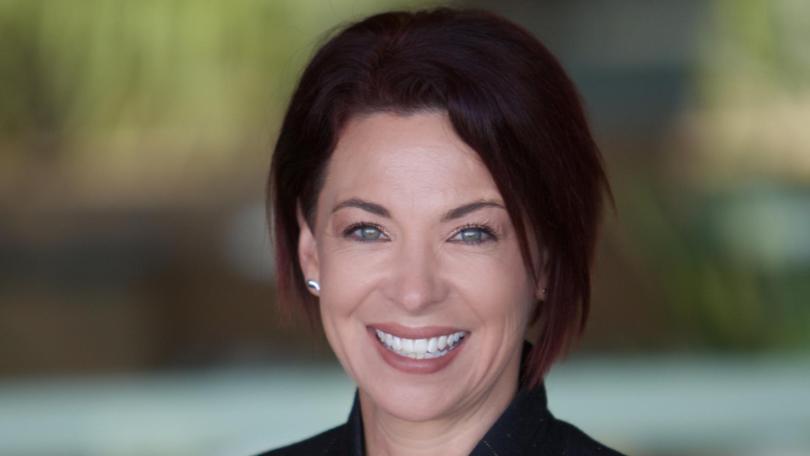Australian banks band together to crack down on financial abuse
The woman who wrote Commonwealth Bank’s policy on cracking down on financial abuse says the banks are acting — in stark contrast to the tech sector — but slowly on the misuse of their products.

The woman who wrote Commonwealth Bank’s policy on cracking down on financial abuse says the banks are acting — in stark contrast to the tech sector — but slowly on the misuse of their products.
Catherine Fitzpatrick has highlighted there are now 14 banks, including all four majors, that include financial abuse in their terms and conditions as a breach that can result in accounts being frozen, suspended or closed.
They are moving ahead of banks in other countries in dealing with the problem. But with nearly 80 banking institutions in Australia, there is still a way to go.
Sign up to The Nightly's newsletters.
Get the first look at the digital newspaper, curated daily stories and breaking headlines delivered to your inbox.
By continuing you agree to our Terms and Privacy Policy.“What’s rather remarkable is it they’ve all banded together and said they’re not going to stand by and let their products be weaponised as a tactic of coercive control,” Ms Fitzpatrick said.
“This is in stark contrast to the tech sector, which allows harm to happen every day on their platforms with virtual impunity.”
Financial abuse can include secretly taking out credit cards in a victim’s name and racking up debts, refusing to make loan repayments, withdrawing all the cash from joint accounts, or using online payment descriptions to send threatening messages.
The main issues with insurance products are perpetrators cancelling joint policies without the victim being told and exclusions in policies for malicious damage by policyholders, so if an abuser smashes up the house or car, the victim is left having to pay for all the repairs.
It’s estimated the cost to victims is $5.7 billion a year.
In contrast, the National Anti-Scams Centre reported Australians lost $481 million to scams in 2023, with a major government effort in place to crack down on them.
Ms Fitzpatrick, now an adjunct associate professor at UNSW, has examined what banks and insurance companies should be doing to prevent this type of weaponisation of their products by perpetrators to harm others and recommended starting with referencing financial abuse in their terms and conditions for customers.
Since she made that recommendation in a report for the Centre for Women’s Economic Safety in early 2023, 14 banks have updated their terms and conditions.
As well, 11 of the larger banks and 38 smaller customer-owned banks now state that using payment descriptions to send abuse is unacceptable behaviour.
But just five of the 20 larger banks described what support was available for recipients of abuse.

Ms Fitzpatrick is now preparing a submission to a parliamentary inquiry examining the prevalence of financial abuse, how the shift to online services has changed it and what can be done by governments and institutions to prevent it.
She said there needs to be much better data collection across the industry to work out who is seeking support and what help they are given.
“We do know that women are more likely to talk to their bank than they are to a specialist domestic violence service about economic abuse,” she said.
“You’ve got these organisations and I know, because I’ve been in it — who are in effect at the frontline, who women are talking to and saying, ‘Can you help me?’ but we just don’t know how many at this stage and we don’t know what outcomes they’re getting, and the support that they’re being provided.”
Support is available from 1800RESPECT (1800 737 732) or the Men’s Referral Service on 1300 766 491.
Originally published on The Nightly

